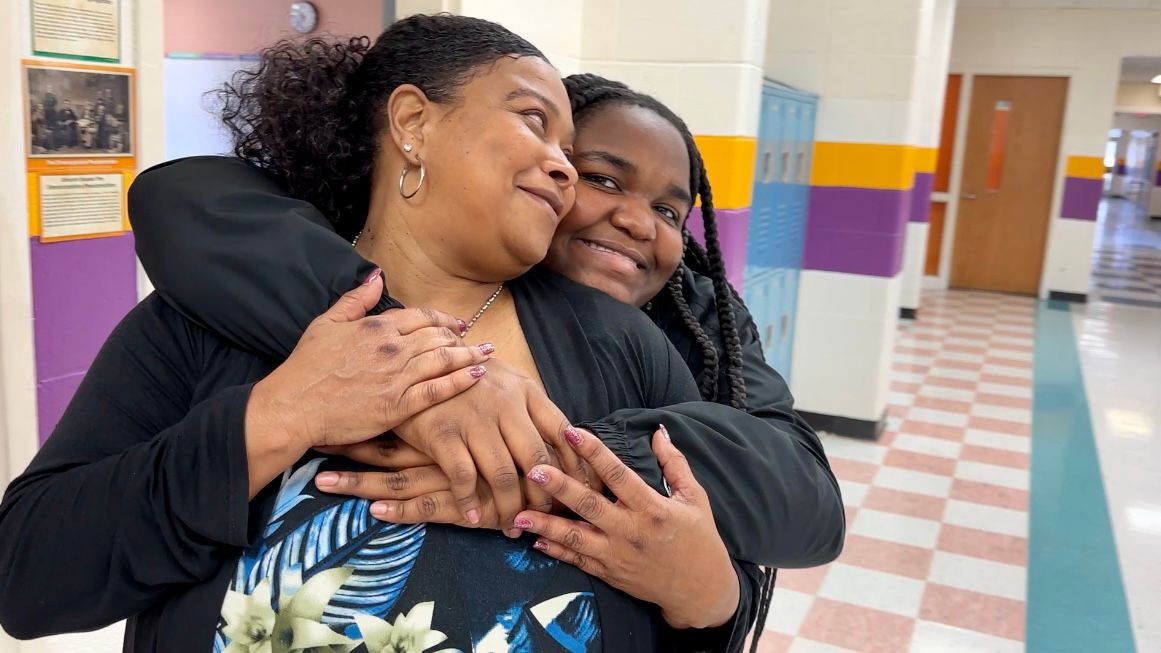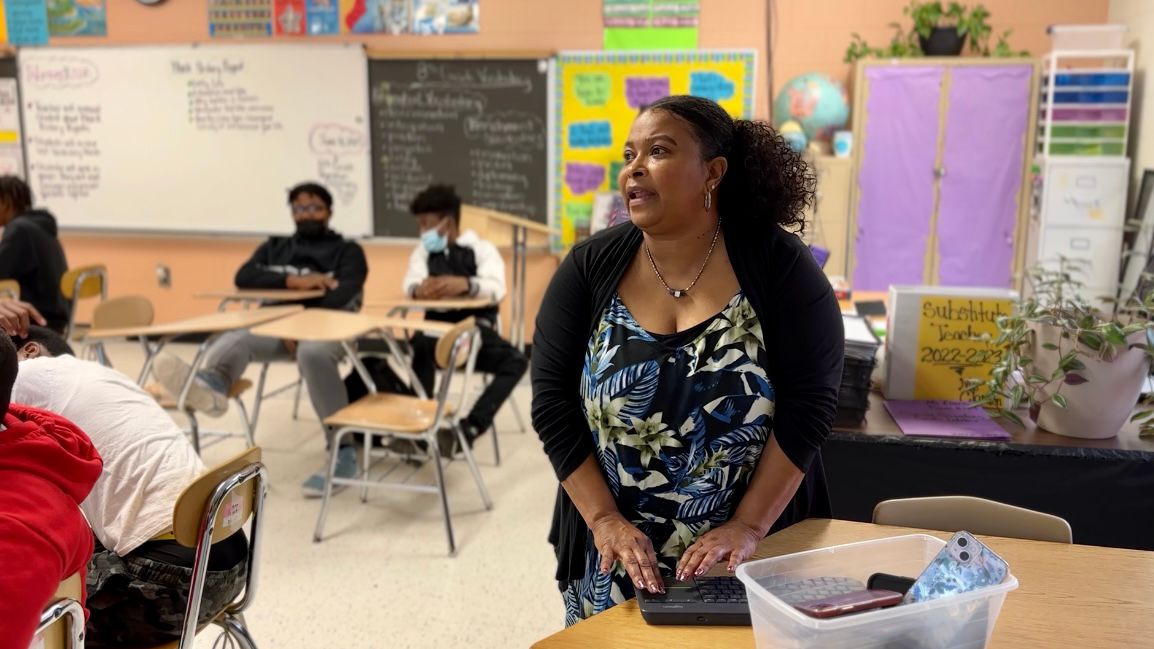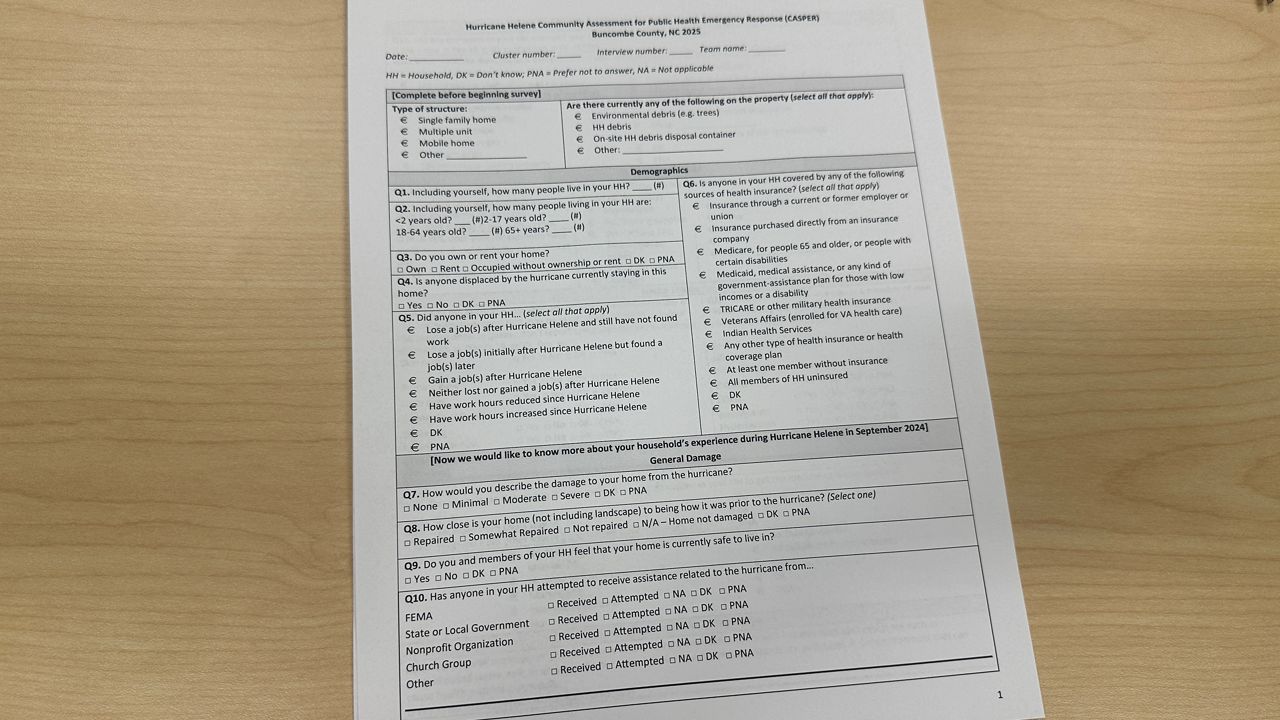WARREN COUNTY, N.C. — The State Board of Education is preparing to give a report to the General Assembly on the current state of the teaching profession in North Carolina.
If you think of it on a grading scale, North Carolina would currently get an “A” for teacher retention with 92% of teachers remaining in the classroom from 2021 to 2022.
What You Need To Know
North Carolina’s attrition rate for the 2021-22 school year was 7.78%
Teachers with less than three years of experience are most likely to leave
Of the 28 reasons North Carolina teachers listed for leaving, the top chosen was “changing career fields”
Classroom vacancies are still high, even with a majority of teachers staying, due to a lower teacher application rate
The report shows this year’s attrition rate is slightly lower than it was the previous year and is more in line with pre-pandemic numbers, sitting at 7.78% rather than last year’s 8.2%.

Veteran teachers like Earlene Clanton say they are drawing the motivation to stay from the kids.
Clanton has over two decades of classroom experience, and even amid all the challenges in her current school system, she says she doesn’t see herself quitting soon.
“As long as I’ve been teaching, I get up every morning looking forward to coming to work,” Clanton said. “I remember being in seventh grade myself. I always wanted to be a middle school teacher.”
While North Carolina’s attrition rates are steady, the report shows the number of vacancies in classrooms is still high. Most teachers may be staying, but new recruits aren’t coming into the profession like in years past.
The highest attrition rates come from beginning teachers with less than three years of experience.
According to the report, they are 63% more likely to resign than their fellow teachers like Clanton, who have been in the school system for a longer period.
Of the 28 reasons North Carolina teachers listed for leaving — including retirement and family responsibility — the primary reason recorded fell in the category, “changing career fields.”

“You are going to have rough days,” Clanton said. “But every day, at the end of the day, I promise you, you will make a difference in someone’s life … with all the doctors, the lawyers, the basketball players — we had to have a hand in all of that. They had to start with the teacher, right?”
Being in the school system for 21 years has allowed her to see both students and colleagues come and go, but the one thing she says has stuck are the relationships formed, especially with her kids.
Watching her with her students and even those passing in the hallway, there’s an obvious, mutually grateful bond.
“And they’re running off the bus to try to give me a hug, and they’re like 10th, 11th and 12th grade now, and I started off with them. Some of them in the second grade, some of them in sixth or seventh grade,” Clanton said.
“They grew up with me. I grew up with them. So it’s a wonderful feeling because they never forget how you treat them,” she added.
North Carolina is looking into how to keep more teachers like Clanton with better pay, more benefits and improved infrastructure. Keith Sutton, the superintendent of Warren County Schools, spoke on the district-wide perspective of what it’s going to take to keep teachers in our state and in our classrooms.
“We see in other countries where education and especially teachers are really prioritized, and education is highly valued,” Sutton said. “And I think that we as a society and a country really need to get back to placing a high value on education, and more importantly, the teaching profession, on what it means to be an educator.”










